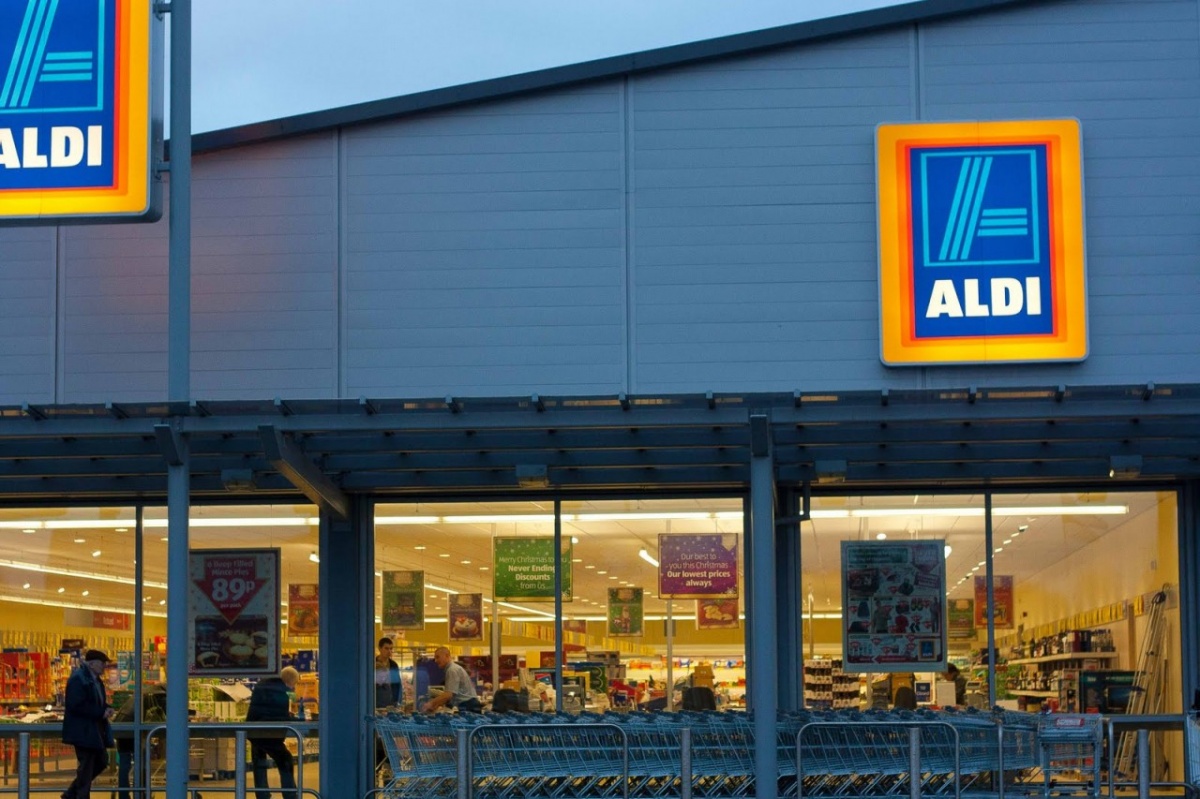Most German grocery chains are forced to raise prices in a number of product groups due to Russian aggression against Ukraine, German news portals wrote on Monday.
Aldi, one of the largest discount chains, has seen more than a hundred products rise in price in the last two weeks, and another wave of price increases began on Monday.
Consumers can expect a “significant rise” in prices for meat, sausages, and butter, among other products
– said a spokesman for Aldi Nord to the joint editor of the regional newspapers belonging to the Madsack media group (RediaktionsNetzwerk Deutschland – RND).
The price increase was forced by higher prices for fertilizers and animal feed, as well as electricity and natural gas. Since the start of the war against Ukraine, this process has been going through “huge leaps” and “we have no choice but to pass on higher prices” to buyers, the spokesman said. He pointed out that the more energy and fertilizer a product is, the more expensive it will be.
In concrete terms, this means that butter, for example, is more than 20 percent more expensive than before the Russian aggression, and the price of products such as shower gel is rising because they are very energy-intensive.
– the RND added.
Aldi has so far raised the price of roughly 120 products. This means that about 10 percent of the total supply will be affected by rising prices.
After Aldi, a number of networks, such as Penny, which operates discount stores, and Edeka and Rewe, which operate supermarkets, have also announced that they will raise the price of a range of products.
“I expect the last competitors to follow suit and raise prices by the middle of the week,” said an Aldi Nord spokesman.
In a compilation on Monday, the Focus Online news portal pointed out that the cheapest 250-gram butter had never had to pay more than 2 euros (750 forints) at a discount, but due to the price-boosting effects of the war, they could soon cross that limit at Easter 2, The cheapest butter will cost 19 euros.
Cheese is becoming more expensive, among other things. An insider at Aldin told Focus Online that the purchase price is so high that the price of the cheapest packet of cheese could soon rise from the current € 1.99 to € 2.39.
According to a recent survey by the Ifo Institute for Economic Research in Munich, almost every food company wants to raise its prices in the next three months.
“Russia’s attack on Ukraine not only raises energy costs but also raises the price of many agricultural products”
– Timo Wollmershäuser, an employee of Ifo, told RND, adding that the rise in prices is particularly prevalent in the consumer and retail sectors, but also does not avoid wholesale.
MTI


















